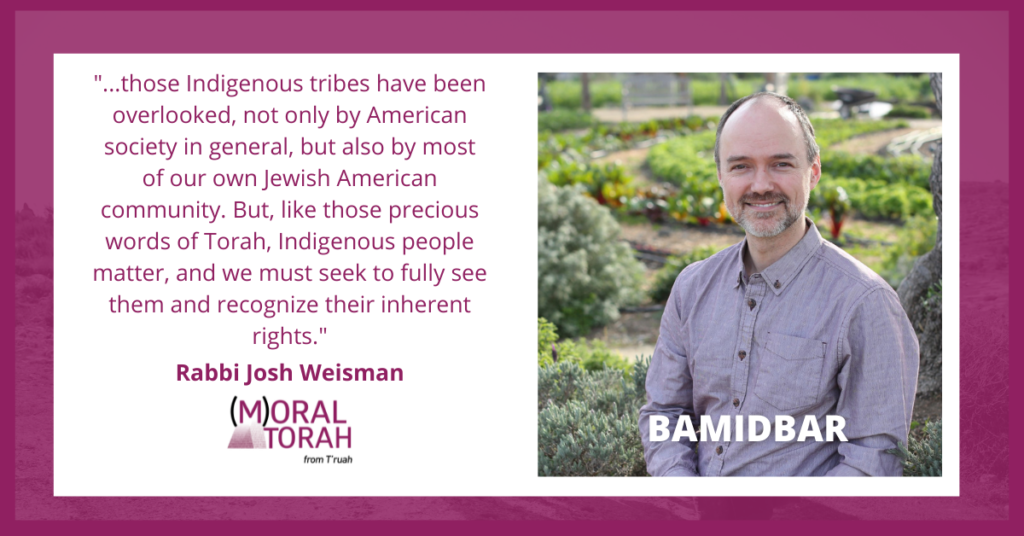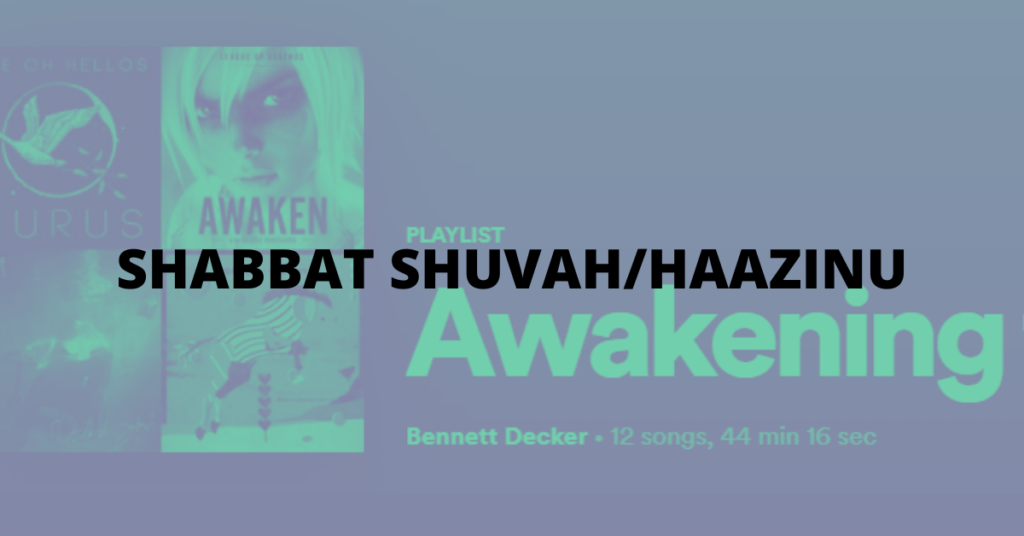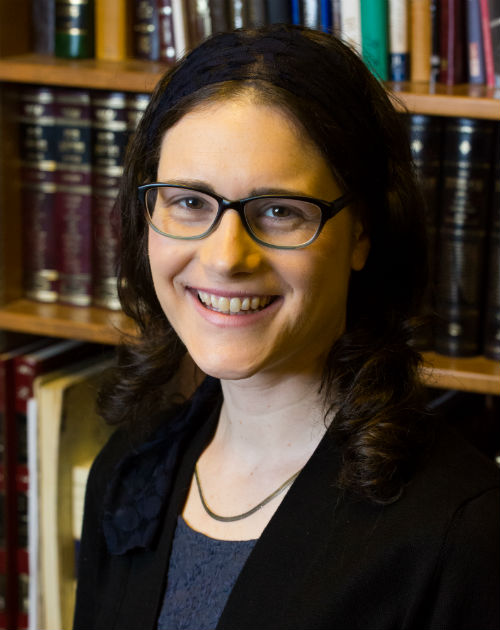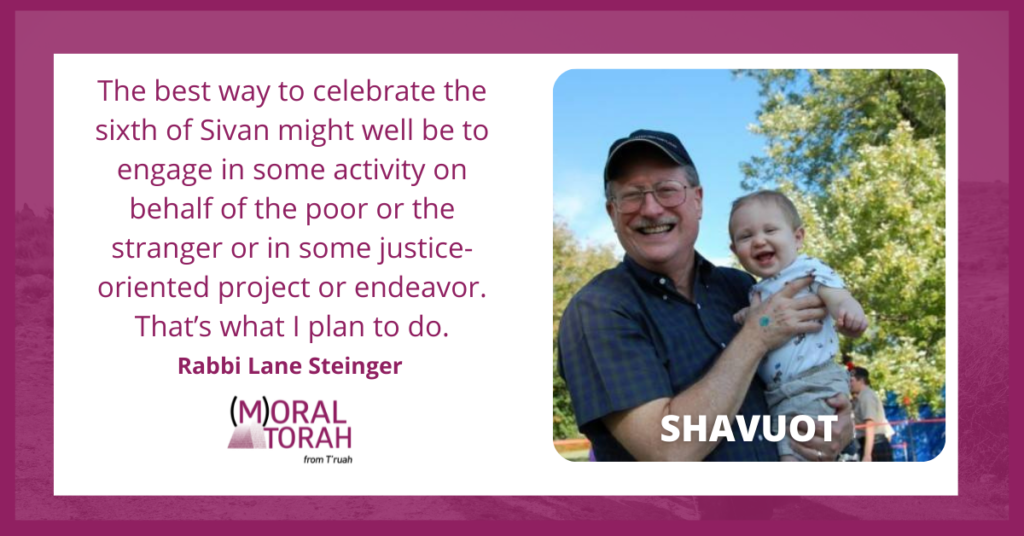All God’s Creatures Great and Small (Parshat Noach)
The dominion over animals given to humans in Genesis 1:27, compared with the rabbis’ notion that humans were created equal to the rest of creation, is an example of God’s and our own ambivalence about being the stewards of every other plant and animal species. Noah’s care of the animals, taken in light of permission to eat them, seems to suggest that he owns them and can do what he wants with them. We, like God and our Sages, seem also to be ambivalent about our role as stewards of the rest of creation.
read more










